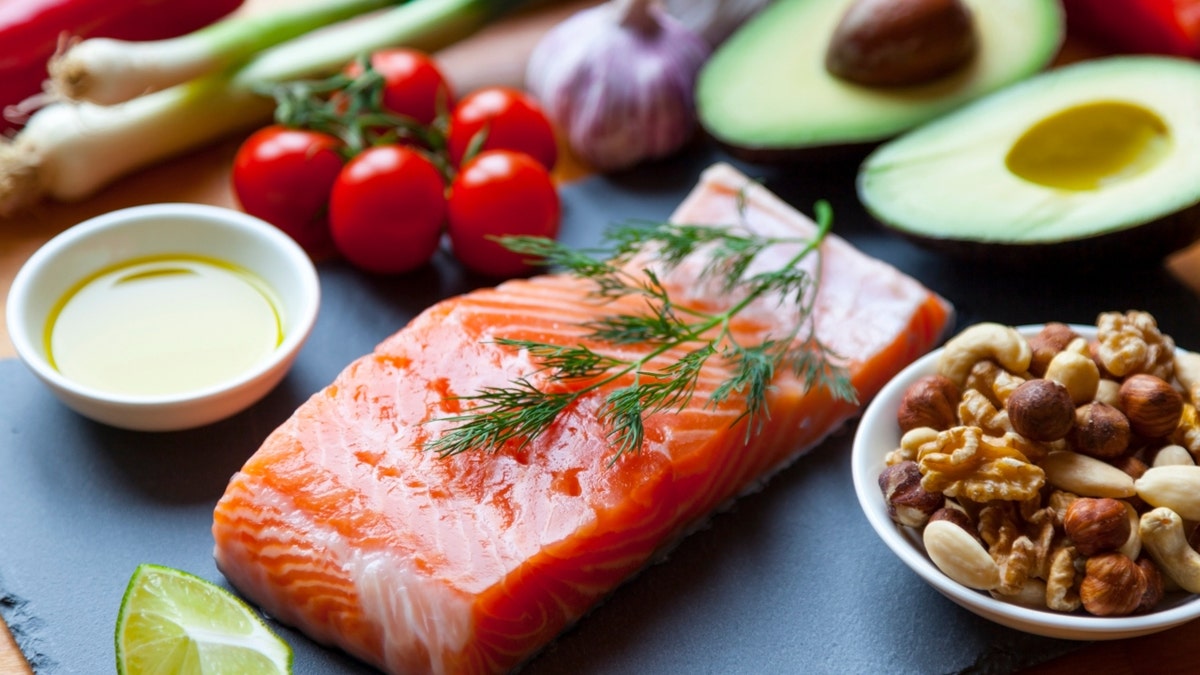Navigating the world of diets can be overwhelming. With so many options, it's tough to know where to start. This year, U.S. News & World Report, with the help of health experts, has compiled a list of the top diets for 2025. These diets prioritize nutritional value, long-term sustainability, and evidence-based results. Registered dietitian Tanya Freirich emphasizes the common thread among these top choices: they're all rooted in scientific evidence, incorporate a variety of foods from all food groups, and spotlight unprocessed, nutrient-rich options.

Here’s a closer look at the leading diets:
1. Mediterranean Diet
This long-standing favorite continues to shine, linked to reduced risks of heart disease, type 2 diabetes, cancer, and obesity. Centered around plant-based foods like whole vegetables, fruits, grains, nuts, seeds, and herbs and spices, it uses olive oil as the main fat source. Fish, poultry, and dairy are consumed in moderation, while red meat, sweets, and sugary drinks are limited.

2. DASH Diet
Designed to combat hypertension, the DASH diet (Dietary Approaches to Stop Hypertension) champions fruits, vegetables, and whole foods. Registered dietitian Erin Palinski-Wade highlights its well-balanced nature and potential for a wide range of health advantages.
3. Flexitarian Diet
This diet offers a bridge for those curious about plant-based eating but not ready to fully commit. Allowing occasional meat consumption makes it more adaptable and potentially more sustainable for heart health, according to Palinski-Wade.
4. MIND Diet
Combining elements of the Mediterranean and DASH diets, the MIND diet (Mediterranean-DASH Intervention for Neurodegenerative Delay) focuses on brain health. It may help reduce the risk of cognitive decline and diseases like Alzheimer’s, while also offering potential benefits for heart health and diabetes prevention.

5. Mayo Clinic Diet
This 12-week program prioritizes fruits, vegetables, and whole grains, offering meal plans, trackers, and resources to support healthy eating habits.
6. TLC Diet
Therapeutic Lifestyle Changes, or the TLC Diet, aims to manage high cholesterol by reducing saturated fats and cholesterol while increasing fiber intake from plant-based foods and whole grains.
7. Menopause Diet
Specifically designed for women navigating menopause, this diet focuses on whole foods to manage hormonal fluctuations, prevent weight gain, and promote overall well-being.

8. Dr. Weil's Anti-Inflammatory Diet
Developed by integrative medicine doctor Andrew Weil, this diet emphasizes unprocessed foods, lean proteins, healthy fats, and plenty of fruits and vegetables to combat inflammation and promote optimal health.
9. Volumetrics Diet
This approach encourages consuming larger portions of low-calorie, healthy foods to manage hunger and promote satiety. Its flexibility and focus on fiber-rich foods can contribute to weight loss, lower cholesterol, and better heart health.
10. Cleveland Clinic Diet
This app-based program offers personalized guidance for heart health and overall well-being, tracking food intake and activity to provide tailored recommendations.

Finding the Right Fit
Freirich stresses the importance of choosing a sustainable diet that aligns with your lifestyle, medical history, and health goals. Consulting a doctor or registered dietitian is crucial for personalized guidance.
Comments(0)
Top Comments